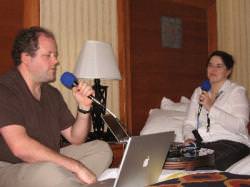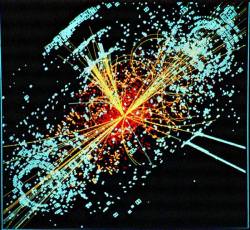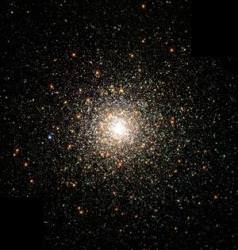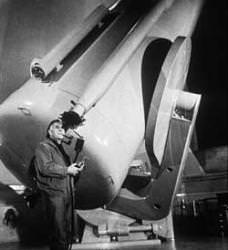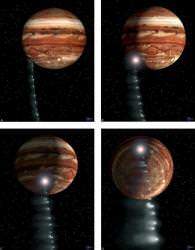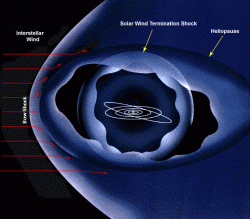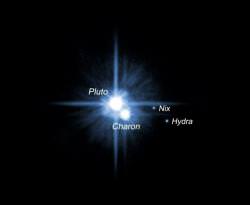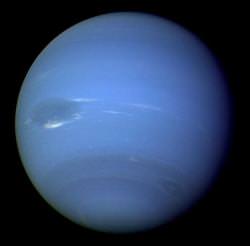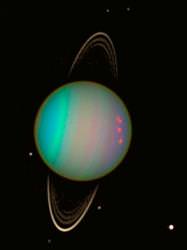When he put together his theories of relativity, Einstein made a series of predictions. Some were confirmed just a few years later, but scientists are still working to confirm others. And one of the most fascinating is the concept of gravitational waves. As massive objects move in space, they send out ripples across the Universe that actually distort the shape of matter. Experiments are in place and in the works to detect these gravitational waves as they sweep past the Earth.
Click here to download the episode
Gravitational Waves – Show notes and transcript
Or subscribe to: astronomycast.com/podcast.xml with your podcatching software.


